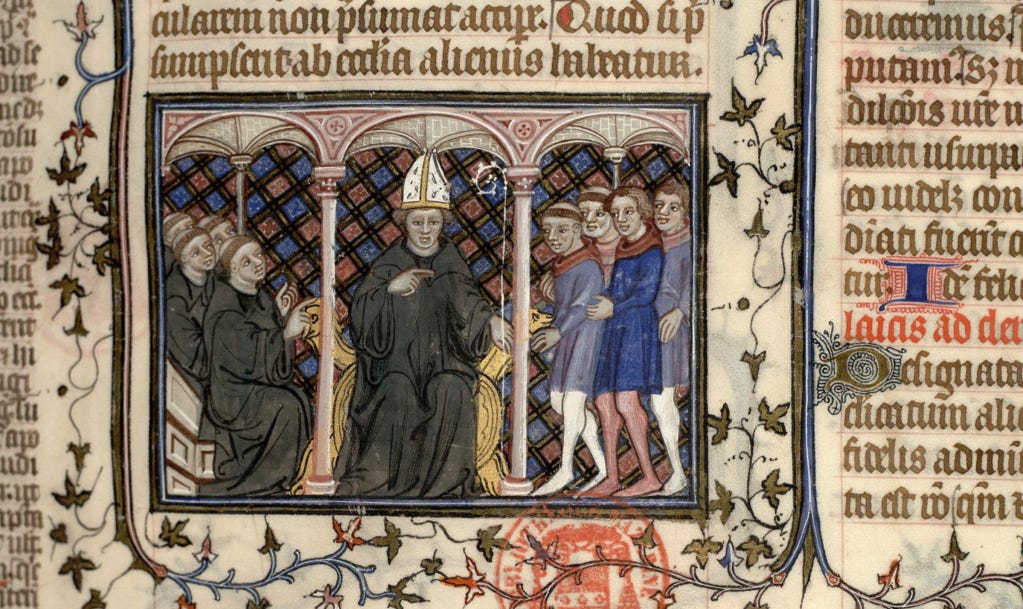The age of contestation

One of the most enduring myths about the middle ages is that it was an age of speech supression, the lowest point in Europe's history of freedom of thought. That theology took over all other areas of scientifi…
Keep reading with a 7-day free trial
Subscribe to Biblonia to keep reading this post and get 7 days of free access to the full post archives.

